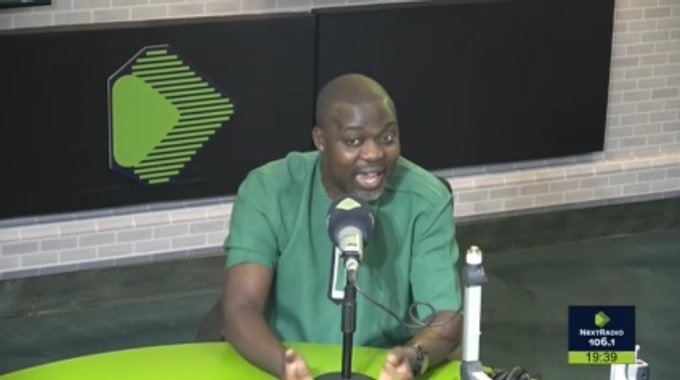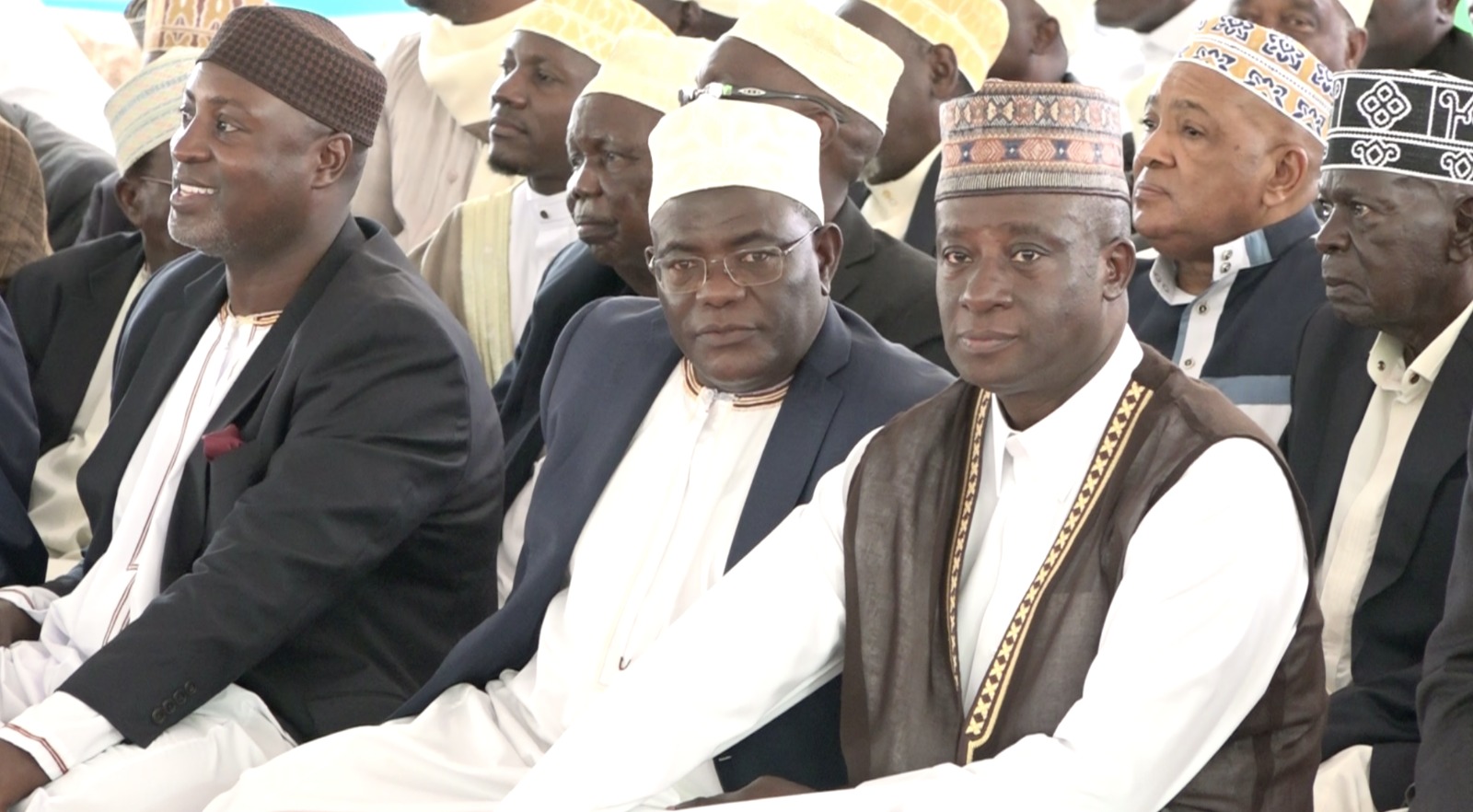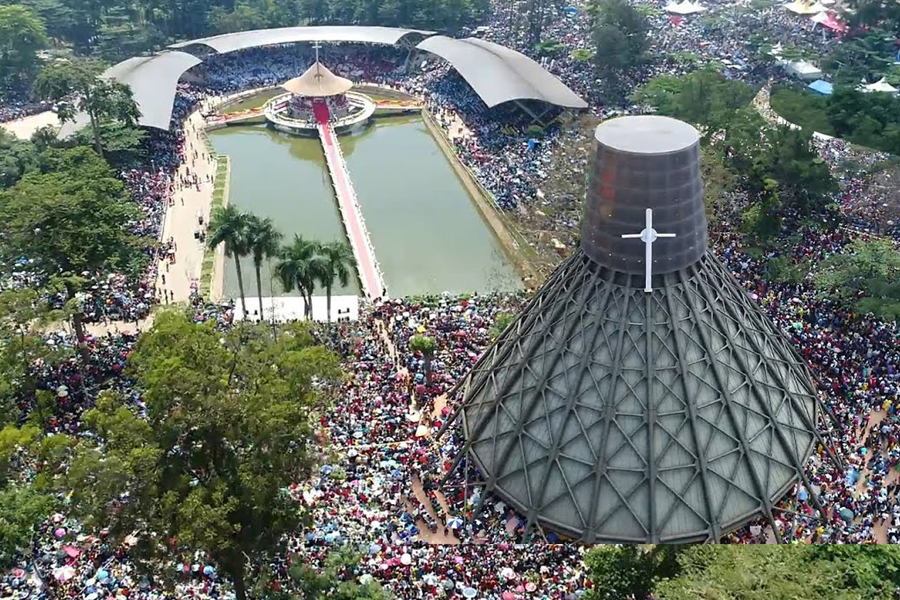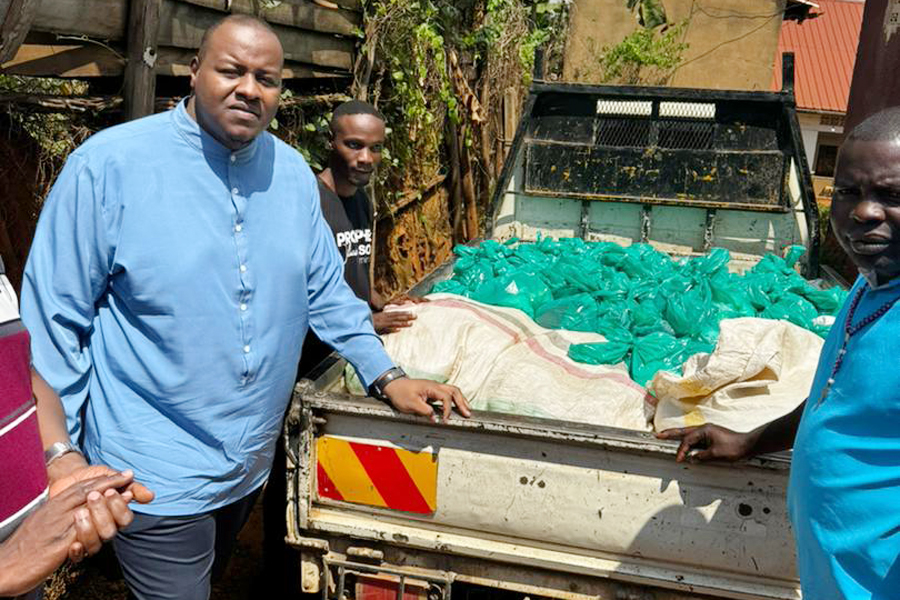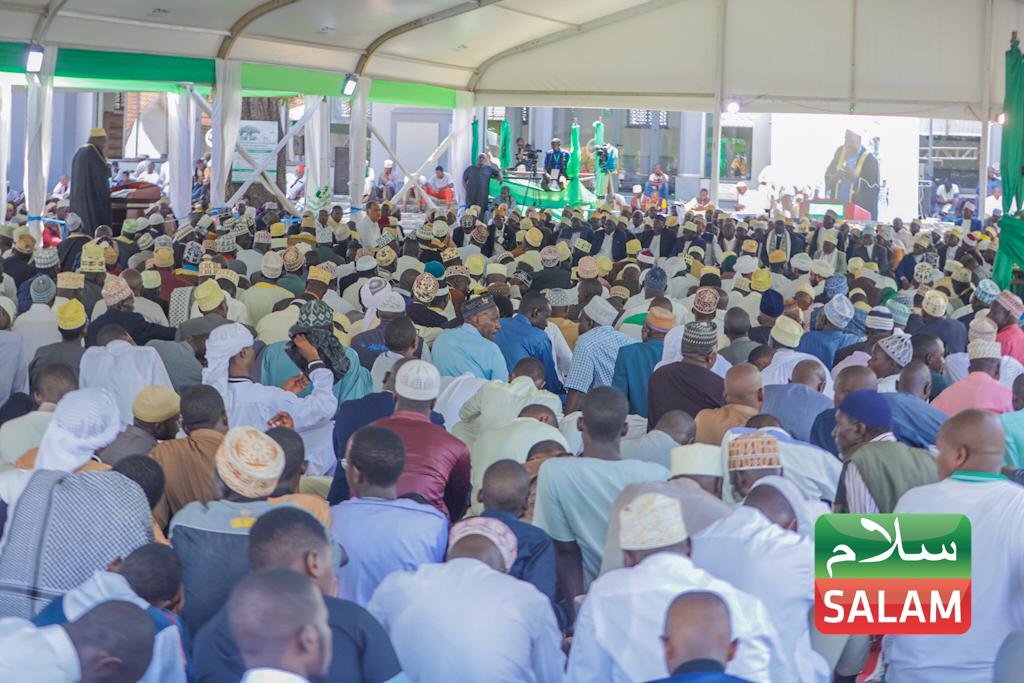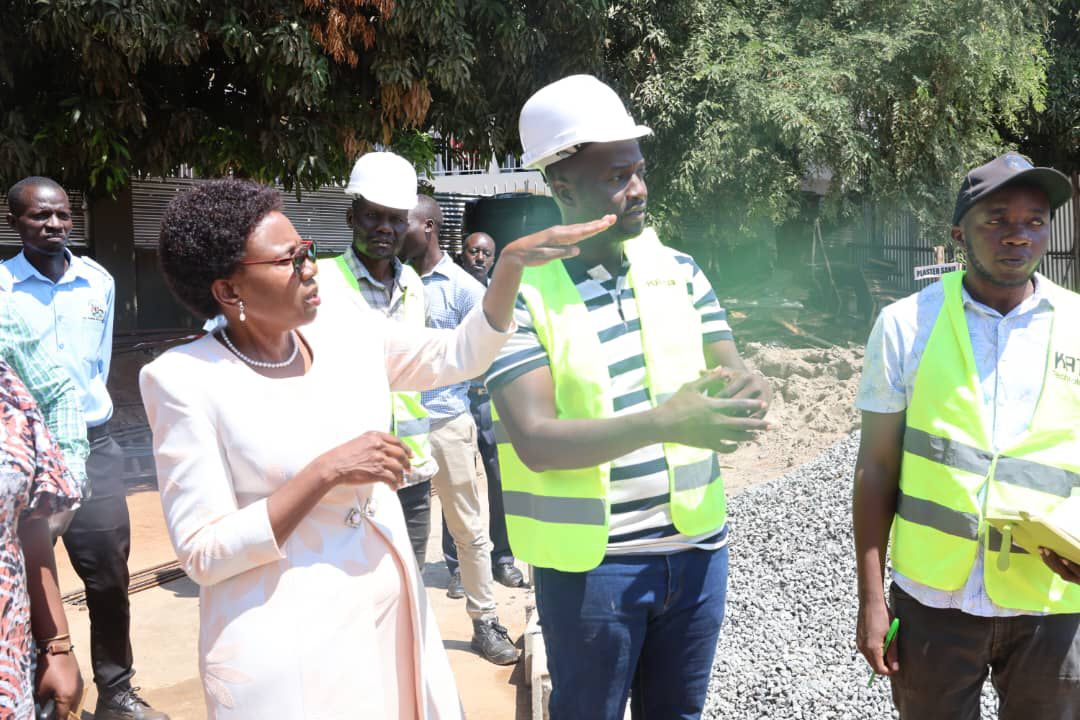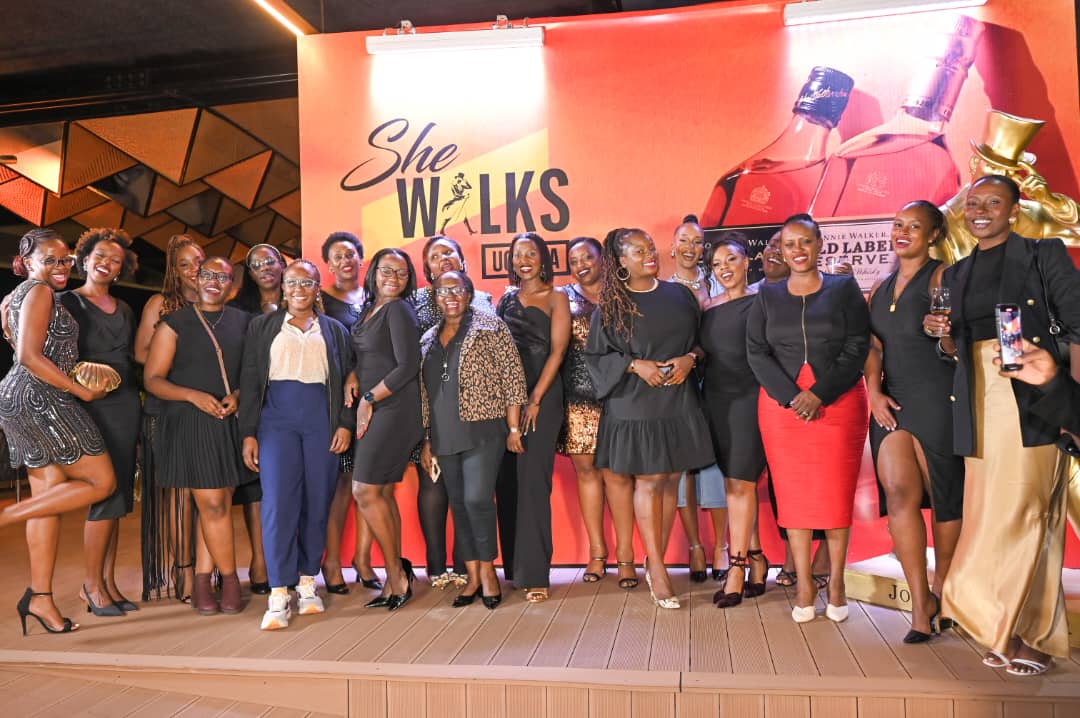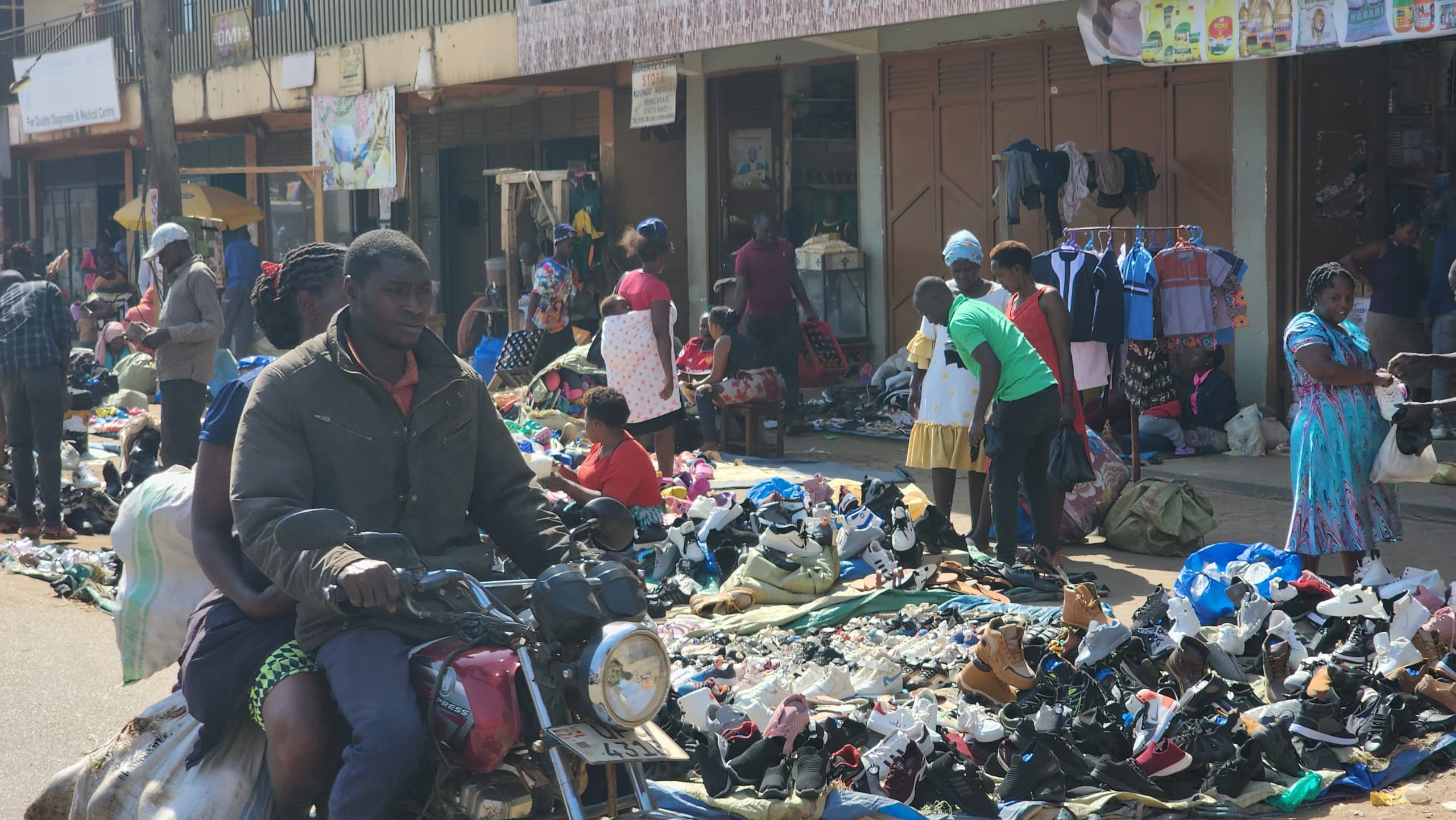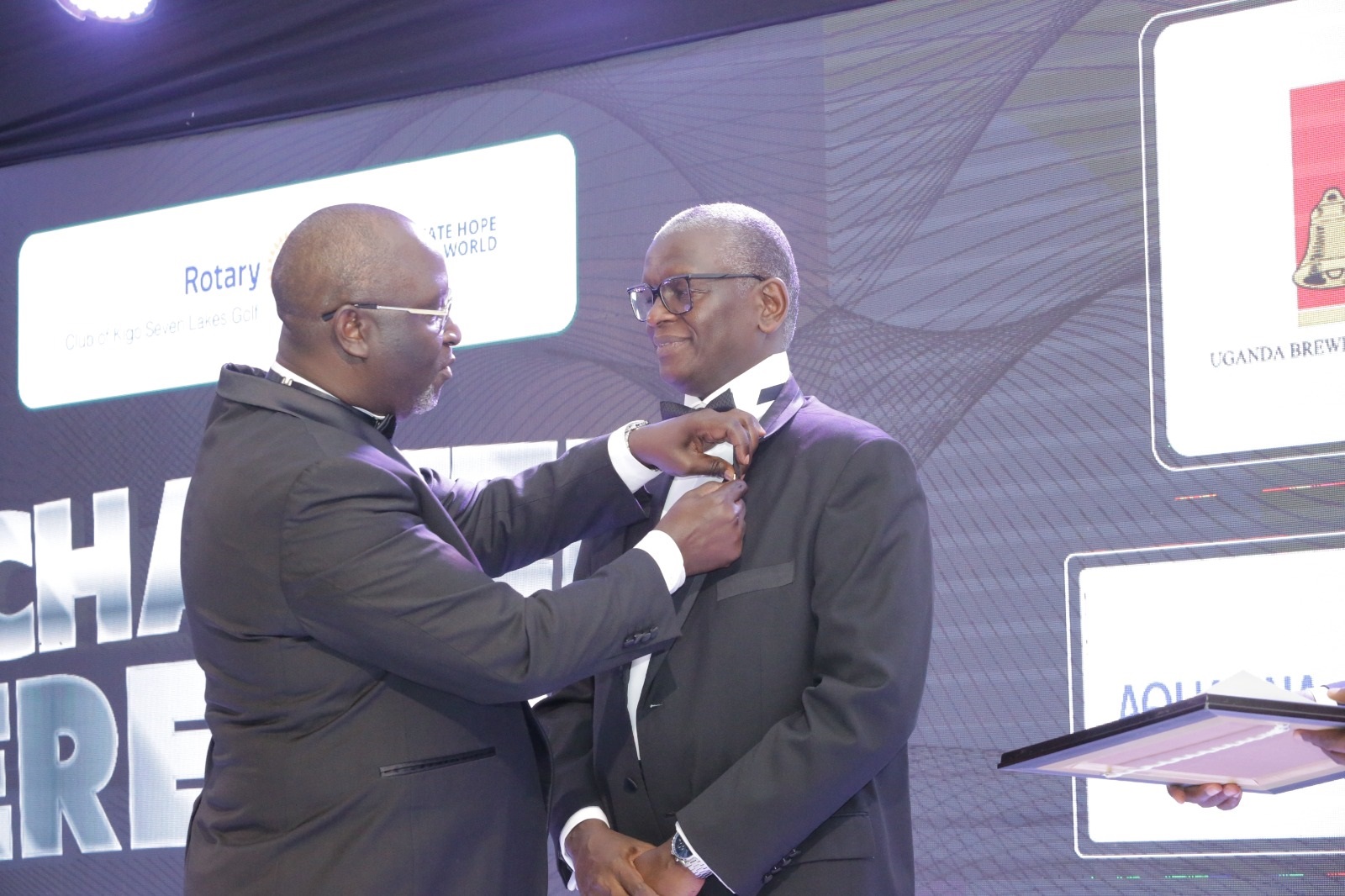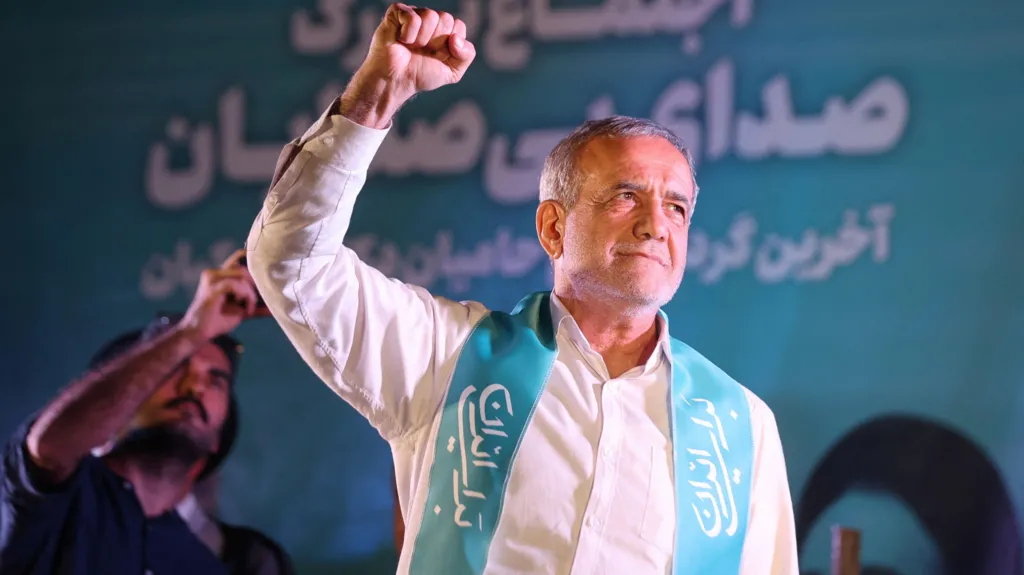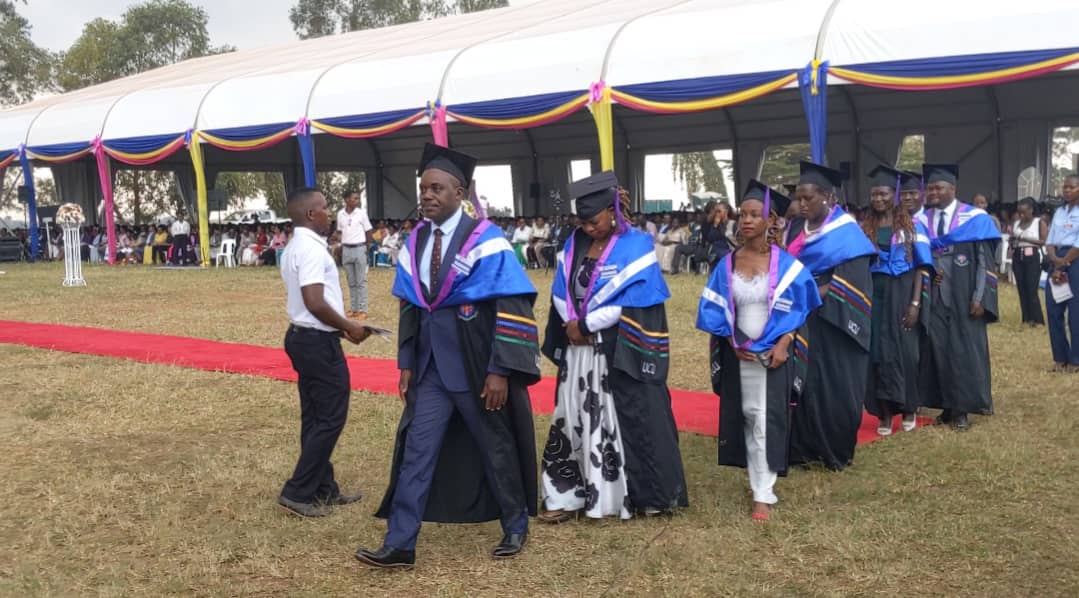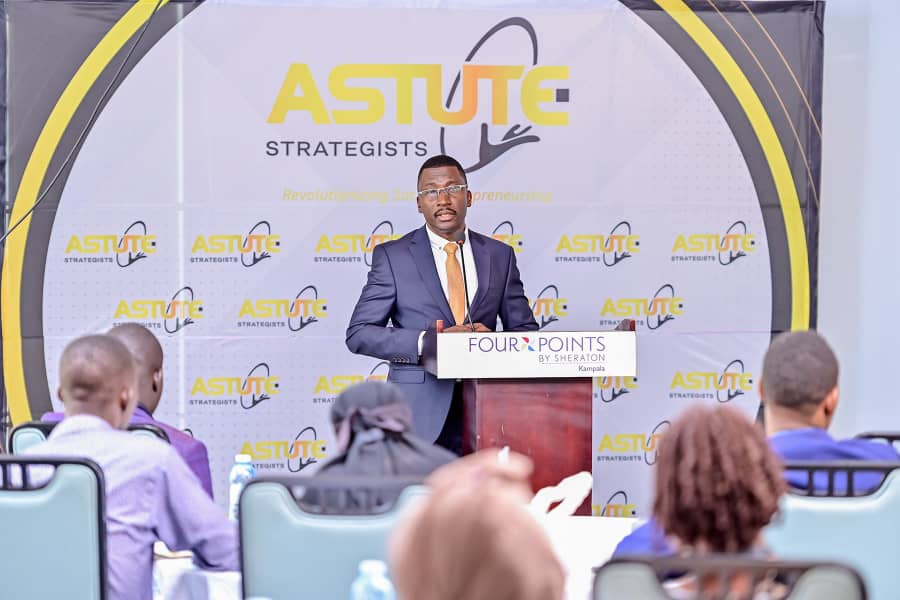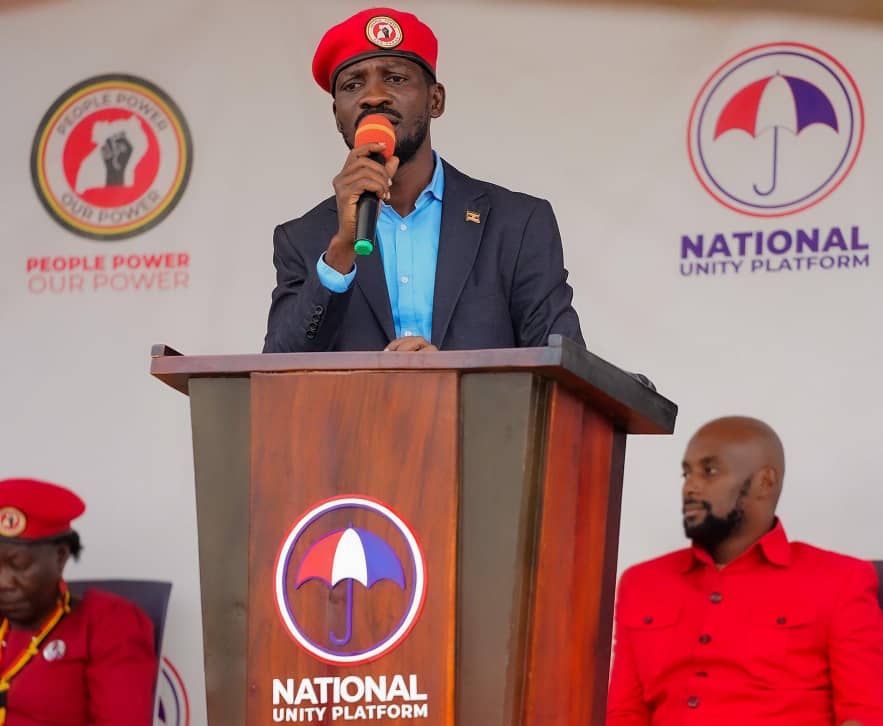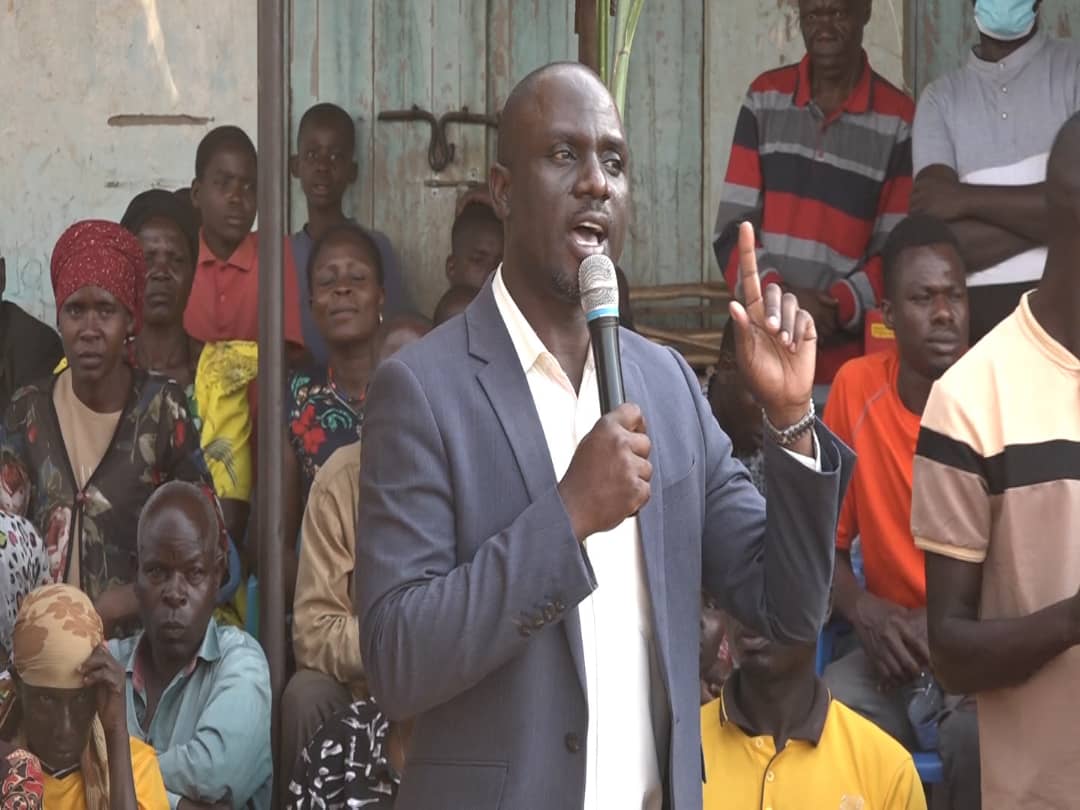How the "Rebuild" project will empower the livelihoods of urban refugees
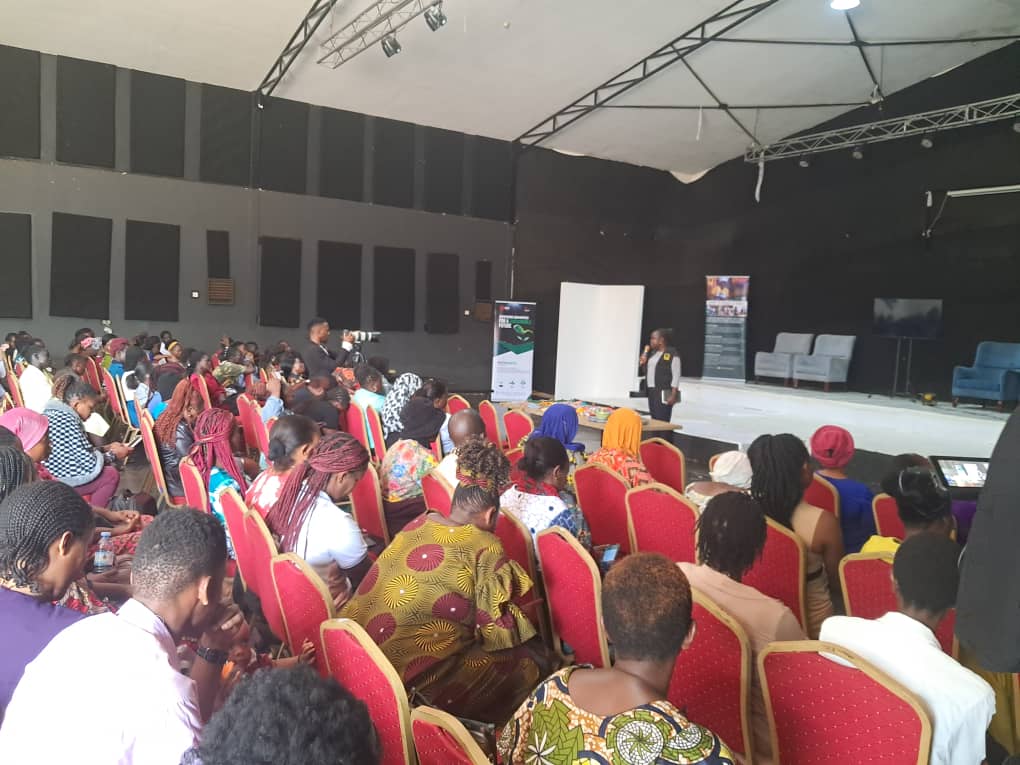
Raising Gabdho Foundation (RGF), a social enterprise committed to empowering communities has successfully trained over 200 urban refugees on climate-resilient pathways.
On Wednesday, a boot camp was held in Kampala, aiming to inspire, motivate, and equip newly recruited clients to address the urgent challenges posed by climate change in Uganda.
Keep Reading
During the event, Vitaline Ajambo, the livelihood manager at the International Rescue Committee (IRC), unveiled the organization's ambitious initiative, the "Rebuild" project.
This project aims to foster self-reliance among urban refugees in East Africa, specifically in Nairobi and Kampala.
Ajambo outlined a comprehensive five-year program designed to empower urban youth through financial inclusion and climate resilience initiatives.
"Our objective is to ensure self-reliance for urban refugees," emphasized Ajambo, highlighting the project's three main pillars: service provision, influence and adoption, and evidence and learning.
Under the service provision pillar, Ajambo detailed partnerships with microfinance institutions to facilitate financial inclusion. Initiatives like the loan guarantee fund enable refugees to access credit and open accounts.
Addressing the pressing issue of climate change, Ajambo stressed the organization's commitment to promoting climate resilience initiatives, such as urban farming and renewable energy projects. "Rebuild" serves as the flagship for climate resilience initiatives.
Ajambo revealed that 450 urban refugees had officially been onboarded, with a focus on training and skilling in various areas like renewable energy and urban farming.
Notably, the project targets both refugees and host communities, aiming for 70% refugee participation and 30% from the host community.
"Our end goal is to see each individual achieve self-reliance. We envision them as suppliers, producers, or end users of products they create," she added, illustrating the multifaceted approach to sustainable livelihood development.
Joan Nakiyini, the Operations lead at Raising Gabdho Foundation (RGF), stated that the orientation boot camp aimed to inspire and equip 270 refugees in Uganda. "Our goal is to inspire and provide opportunities," Nakiyini said, emphasising collaboration with partners for comprehensive support.
The project has been operational since 2021.
"We are committed to their journey to self-reliance," Nakiyini reiterated, urging active participation and skill acquisition for sustainable progress.
Nakiyini encouraged participants to fully engage in the project, stressing the importance of identifying objectives and actively gaining skills for self-reliance.
Nicole Bahizi, a beneficiary of the Rebuild Project under RGF, shared her inspiring journey and the transformative impact of the project on her life and community.
Reflecting on her initial encounter with the project staff, Bahizi expressed gratitude for the opportunity to learn new skills.
"The staff reached out to us and taught us how things work. I was at home during that time, feeling idle. So, I thought of going to classes to find something for myself," she said.
Driven by her newfound knowledge and determination, Bahizi ventured into entrepreneurship, leveraging the skills she acquired.
"I started my own business because I believe I have been trained how to make stuff, like briquettes and cooking baskets," she explained. "The easiest thing that came to my mind was to make briquettes, and I have been doing that. It has helped me so much."
Grateful for the ongoing support from the organization, Bahizi highlighted how it enabled her to pursue further opportunities.
"This organization doesn't abandon us. It helped me find something, like being an assistant teacher. I want something for my life," she emphasised.
Encouraging her fellow women and refugees, she stressed the importance of seizing the opportunities provided by the project.
Uganda, like many other countries, faces significant environmental threats, including erratic weather patterns, deforestation, and environmental degradation.
In response to these issues, RGF is dedicated to advancing sustainable development and resilience-building initiatives within the country.
The boot camp followed a structured approach, consisting of various segments designed to inspire, motivate, and equip the participants.
These segments included a project introduction, an opportunity hour, inspirational talks, testimonies from successful individuals, an exhibition tour, and design sessions and orientations tailored to address specific needs and responsibilities within the project.
Through motivational talks, personal testimonies, and interactive sessions, participants were inspired to overcome challenges, pursue their goals with determination, and strive for excellence in their project roles.
The boot camp also sought to boost the confidence and morale of newly recruited clients, align them with the project's objectives, and cultivate a shared sense of purpose.
With its focus on empowering newly onboarded clients and fostering collaboration among diverse stakeholders, the boot camp is poised to make a positive impact on climate resilience efforts in the country.




